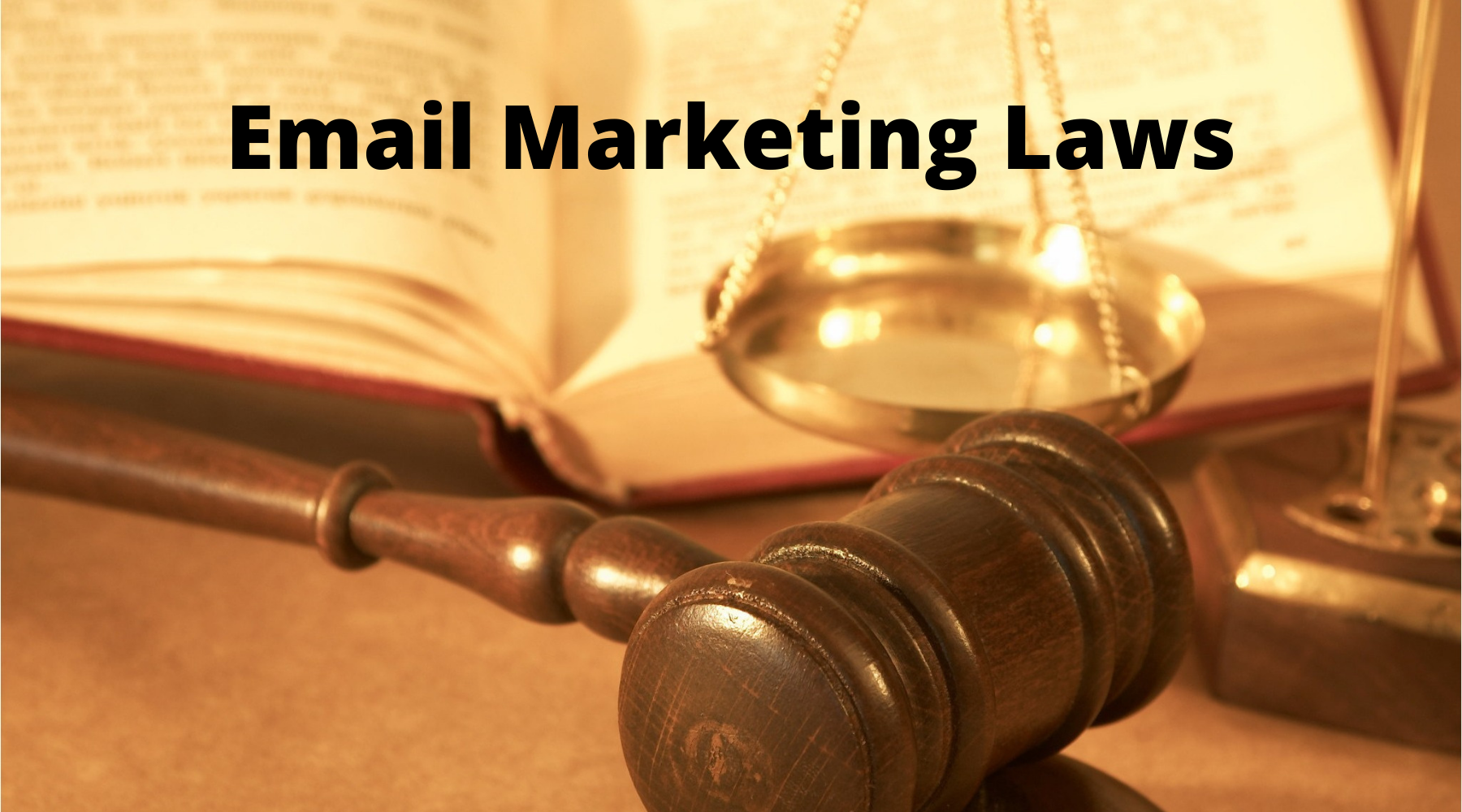Email Marketing Laws You Should Always Keep in Mind
Email marketing is a valuable asset for the digital marketing of your products and services. This is a platform through which you can communicate with your prospects because they want to know from you. They want to hear what opportunities you hold for them. You can send personalized emails to your prospects that match their profile and interests. It is easy to send marketing emails if you use some automation tool or are hiring some email marketing company like CBT mass email sender.
You are ready to communicate with your audience as you have built your mailing list, have developed an engaging email template, and have written interactive email content. You must be aware that there is another thing about it, and this thing is email marketing laws. These laws differ from country to country. This article aims to discuss some popular rules and tips that can help you save your emails from spam and avoid violation of email laws.
Need for email laws
You must be thinking that why email marketers need email laws. The reason is that some companies in the market have damaged the reputation of email marketing by sending spam emails. Sometimes the mail is from some genuine company but is rendered spam due to violation of some rules, but most spam is caused by the people who send suspected messages to achieve their hidden goal.
Email regulatory laws around the world
Different laws exist for other countries that guide marketers on using email marketing without violating the user's privacy and rights. These laws include
- CAN-SPAM act in the USA
- EC directive in the UK
- CASL laws in Canada
- The spam act 2003 in Australia
- GDPR in UE
These laws contain some conditions that a marketer needs to follow to ensure that he is on the right track. If you are doing email marketing for some legal business, the chances are high that you are already following these rules. These laws aim to prevent the spammers from targeting the recipient's inboxwithout their permission and misusing their information. Many companies who are fair in their dealings and marketing efforts also get caught up by the spam alerts due to not knowing the email marketing rules. It is very important to know the practices that you should consider before sending an email campaign to your subscribers to stop your emails from getting spammed.
What to do to comply with marketing laws
Following are some tricks that you can adopt to be on the safe side and ensure that you are not violating email marketing laws worldwide.
Get permission from subscribers
If someone has subscribed to you, it doesnot mean that you have got the permission to send them emails now and then. Email marketing laws of many countries require that the marketers should obtainapproval from the users if they want to hear from them or not. This is done to stop the flooding of un-necessary emails into the mailbox of the subscriber.
However, what type of permission is required depends upon the laws of the country. There are two common types of email permissions
- Implied permission
- Express permission
Implied permission is required when you want to send an email to the subscribers who are your active customers. However, express consent is the one that you need from your new customers or prospects. You ask them to permit you to send email campaigns and updates about their product in the form of a newsletter.
Avoid misleading header information
The header information includes the subject line, the "from" name, and the email address to reply to. Some marketers want to get their email opened at every cost, and hence they use misleading information. They try to appear from a more reliable source or offer some very attractive package in their subject line that has nothing to do with reality. So, don't try to use tricky methods to trap your subscribers.
Use your company or brand name in the "from" section and a clear subject line complying with the email's content to ensure that you are not deceiving your recipients. Arising curiosity in the subject line is okay as long as it does not mislead the recipient.
Disclose if your email is an advertisement
Many laws, including CAN-SPAM, require that you must confess this if you are sending advertising emails. This does not mean that you are required to state "this is an advertising email," specifically each tie you send. Rather, it means that you should not purposively try to deceive your recipients by crafting an email that appears like a personal email. When you use your brand name and a clear subject line, your recipients can realize that the email is promotional.
Mention your address
Email marketing laws of many countries require that you should mention your postal address in your emails. The postal address maybe your current physical address or your postbox address. The law requires that you must have a physical existence.
You can add your address at the footer of your email.
Honor opt-out requests promptly
If your recipient wants to opt-out. You must honor the request, and you must have a clear and easy to understand mechanism for letting your recipients opting out from your future emails. You can add an unsubscribe button at the footer of your email campaign.
Some countries require that opt-out requests must be honored within 10 business days. You cannot force your recipient to provide you with their personal information other than their email address.
Email list
It is very easy to purchase email lists, but this harms your business more than good. It adds to the burden on your budget, and a large number of recipients either unsubscribe you or mark you as spam. This badly affects your reputation. So, you need to build your personalized email lists on your own.

